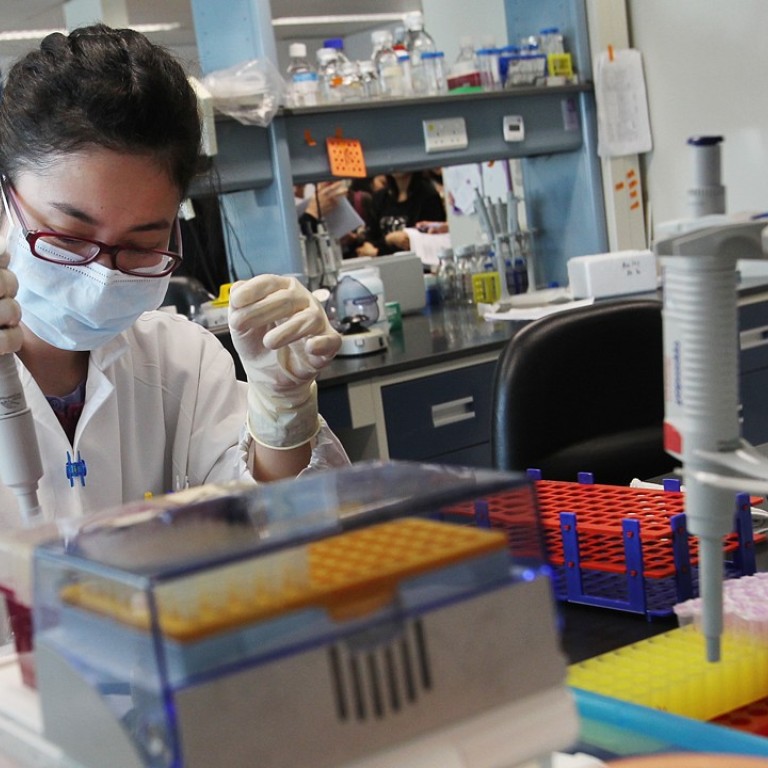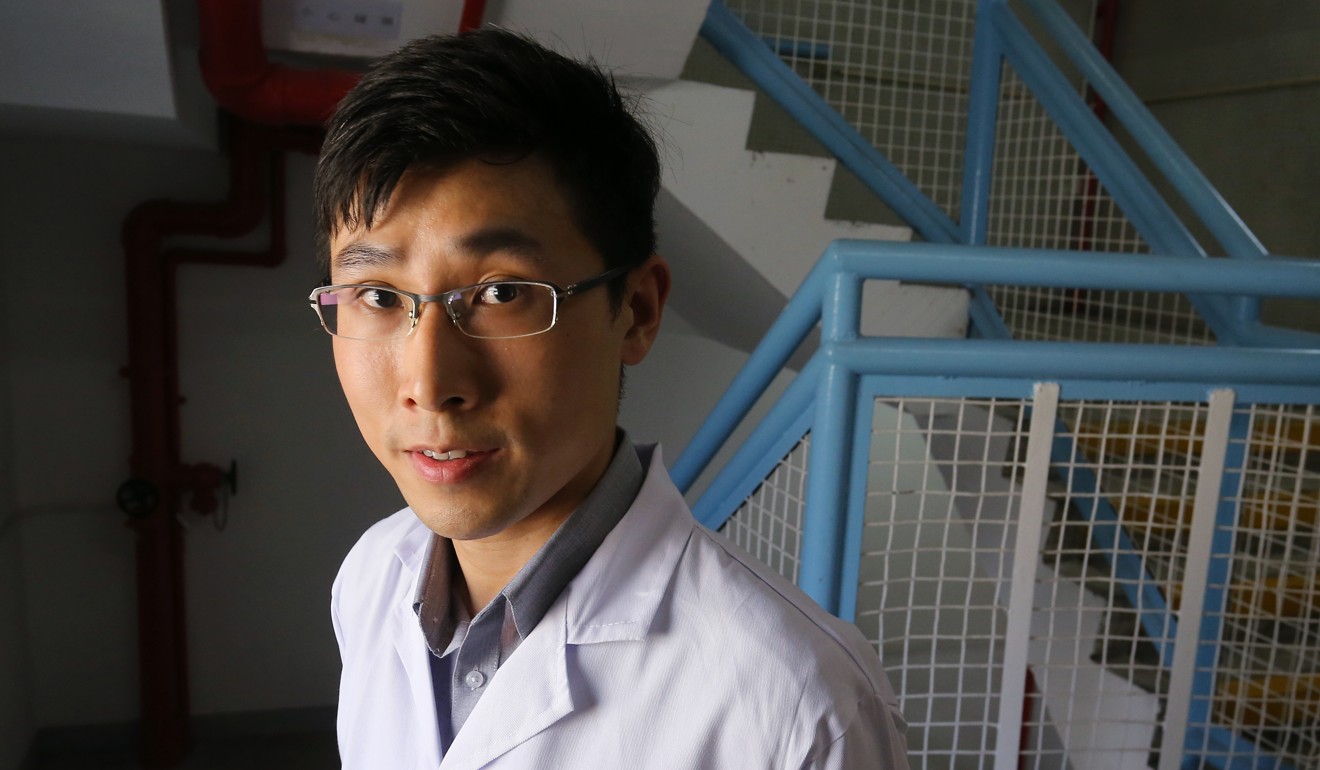
Boosting R&D in Hong Kong requires more than just funds, scientists say
HK$45 billion funding praised as ‘good start’ but call goes out to nurture talent and offer better career opportunities for young researchers
Hong Kong scientists have cast doubt on the government’s vision for the city as an“international hub for scientific research” but claim its pledge to double spending on research and development is a step in the right direction.
This would contribute to the city’s efforts to boost innovation and entrepreneurship, she added.
There is to be a HK$500 million “technology talent scheme” to lure more young people to science and innovation careers, and for businesses to hire postdoctoral researchers to conduct research and product development.
This means that some postdoctoral researchers who work in companies at Science Park and Cyberport, or who are involved in government-led projects, could see their salaries increase by HK$30,000 a month.
The best two business school programmes in the world are based in Hong Kong, according to the Financial Times
But researchers in the field contend that money alone will not be enough to drive more research and innovation activities. They urge a focus on creating opportunities to nurture talent, arguing career prospects in the city’s research sector were viewed as lagging behind other places.
Tong Ka-kiu, 30, spent one year doing postdoctoral research at the University of Hong Kong’s biochemistry department after completing his PhD, before choosing to leave academia for good due to an unclear career path.
Tong claimed employment contracts offered by local universities were too short and dependent on whether professors hiring the postdoctoral researchers were able to secure research grants, which he described as a highly competitive process. Ultimately he concluded the risk and opportunity costs of postdoctoral work were “too high”.

“There are no guarantees as to whether a university will renew your contract or even give you a professorship.” he said.
Tong instead found work as a researcher at a private company in Hong Kong – a rare opportunity as most firms in the biomedical industry focus locally on selling and marketing existing overseas technology rather than producing proprietary research.
“The private sector in Hong Kong is too small to absorb all this talent,” he said. To nurture top talent, “universities should offer more permanent positions such as scientific officers”.
The private sector in Hong Kong is too small to absorb all this talent
Kelvin Heung Ho-lam, 22, pursuing a PhD in biomedical engineering at Chinese University, also said he would favour working in the private sector rather than do research at a university.
Heung won awards for his thesis project involving a prototype that serves as a safer and more comfortable alternative to a colonoscopy. But he said the problem was not so much a lack of money but scarce job opportunities.
“In the US, you don’t have to work at a university,” he explained. “There are huge research and scientific institutions in the private sector like IBM or Bell Labs that will hire the best people. In Hong Kong, we just don’t have these options or alternatives.”
Patrick Yeung, 31, a freshly minted PhD holder in biology, offered another suggestion. He noted academics in many fields, including his – marine biology – preferred to recruit postdoctoral researchers with overseas experience.
To give local postdoctoral students a leg-up, Yeung said, the government could fund a scheme allowing local researchers to work overseas for a few years before returning to Hong Kong to contribute locally to R&D efforts.
Pump more money into Hong Kong fintech start-ups, EU chamber boss urges
Professor Charles Ng Wang-wai, a civil engineering academic and associate vice-president for research and graduate studies at the University of Science and Technology, added it was already hard enough to convince young people to pursue doctorates, let alone do research.
Ng estimated that, on average, 15 per cent of PhD holders at Britain’s Imperial College stay on to become professors – roughly the same ratio as at HKU and UST.
“Where do the other 85 per cent go? They go on to industry, to start businesses in hi-tech. We don’t have that here,” he said. “They have them in China, but the problem is many young people don’t want to work there.”
‘Time is now’ for Hong Kong to promote creative research that can lead to great discoveries
“There are only eight major tertiary education institutions in Hong Kong. You can do the maths on how many professorships are available.”
Ng theorised that Hong Kong’s problem was that it was “too comfortable”.
“Top engineers would rather go work for the government, where the pay is good and the job is stable,” he said.

